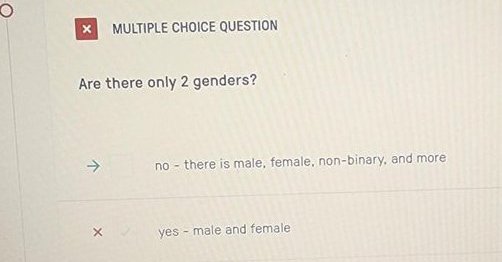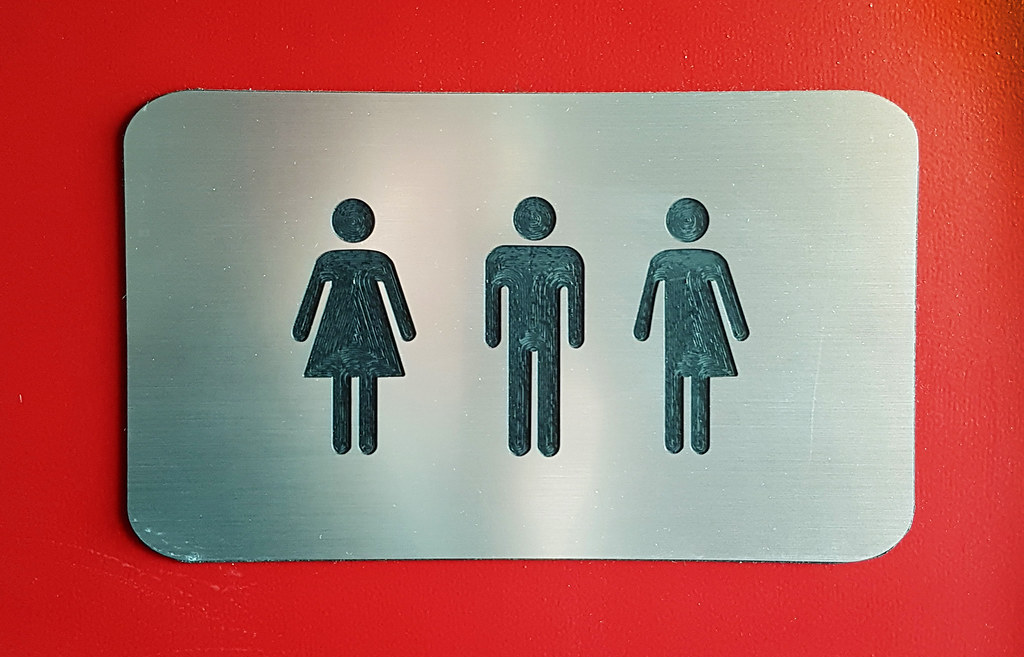Actress and model Hunter Schafer recently shared her frustration after discovering that the gender marker on her newly issued passport had been changed—without her request—from female to male.
Schafer, best known for her role in HBO’s Euphoria, opened up about the incident in a TikTok video, explaining that the change came after President Donald Trump’s executive order on January 20, which mandates that U.S. government documents, including passports, only reflect a person’s biological sex at birth. This order reversed a 2022 Biden-era policy that allowed applicants to select “X” as their gender marker, an option that had been available for nonbinary, intersex, and transgender individuals.

In her video, Schafer admitted that while she had heard about Trump’s order, she was still taken aback when it directly impacted her. “I had a bit of a harsh reality check today,” she said while holding up her new passport for the camera. “When Trump announced this, I thought, ‘I’ll believe it when I see it.’ Well, today, I saw it.”
A Sudden Change Without Warning
According to Schafer, she first had her gender legally changed to female when she got her driver’s license as a teenager, and all her passports since then had listed her as female. However, that changed when she recently applied for a new passport after her previous one was stolen while she was filming in Barcelona.
“As soon as I got back to the U.S., I had to change it with a real, proper passport,” she explained. “I went to the Federal Passport Agency in Los Angeles and filled out everything exactly as I had in the past. I marked female, just like always. But when I picked it up today, I opened it, and the marker had been switched to male.”

Schafer made it clear that she wasn’t looking for sympathy or trying to stir controversy but felt it was important to share her experience as a reality check on what the administration’s policies mean in practice.
“I’m not making this post to fearmonger or start drama,” she stated. “I don’t need that. But I do think it’s important to acknowledge that this is actually happening.”
Concerns Over Future Travel
While Schafer insisted the change doesn’t affect her identity, she acknowledged that it could complicate her daily life—especially when traveling.
“I honestly don’t care that they put an ‘M’ on my passport. It doesn’t change anything about me or my transness,” she said. “But it does make things harder.”
She expressed concern that her new passport might force her to disclose her transgender identity more frequently than she would like, especially when going through customs or interacting with border officials.

“I’ll be traveling internationally for the first time with this passport next week,” she said. “I know I’ll have to out myself more often than I would like or is really necessary.”
Larger Implications for Transgender Americans
Schafer also addressed what she sees as a troubling shift in policy, warning that such government actions can quietly become normalized over time.
“There’s a lot of talk, and then these things start happening,” she said. “And quickly, we get used to it, like it’s just the way things are. But this isn’t just talk—it’s real, and it’s happening. No one is excluded from this, no matter how wealthy, white, pretty, or privileged they are.”
She ended her video with a firm declaration that no policy change could erase trans people from existence.
“Trans people are beautiful. We are never going to stop existing. I’m never gonna stop being trans. A letter on a passport can’t change that,” she said.

State Department’s Response and Legal Challenges
The U.S. State Department, citing privacy laws, declined to comment on Schafer’s case specifically but confirmed that under Trump’s executive order, passports will now only be issued with “M” or “F” markers that align with a person’s sex at birth. The department clarified that those who previously received passports with an “X” gender marker can still use them until they expire, and individuals who were issued an “X” less than a year ago can request a free replacement reflecting their birth sex.
Meanwhile, legal challenges to the policy are already underway. Earlier this month, seven plaintiffs filed a federal lawsuit against the administration, arguing that the order discriminates against transgender and nonbinary Americans.
As debates over identity documents continue, Schafer’s experience serves as an early and high-profile example of how these policy changes are playing out in real life.









